Harnessing the Power of the Past: Shaping the Future Census Efforts
Estimated Reading Time: 7 minutes
As we prepare for the 2030 Census, we stand on the shoulders of lessons learned from the 2020 Census. Organizations like the National Urban League have been at the forefront of turning these lessons into actionable recommendations for the Census Bureau.
| Why | How | Key Stakeholders |
|---|---|---|
| Sharing our insights and experiences helps improve the census process, making it more equitable and inclusive. | The National Urban League, after the 2020 Census, organized community feedback sessions, analyzed successful strategies, and compiled recommendations based on real-world data and community sentiments. | Community-Based Organizations
Local Governments Businesses |
Next Steps for Key Stakeholders
| Community-Based Organizations | Local Governments | Businesses |
|---|---|---|
| 1. Host town hall meetings to gather public feedback on the 2020 Census before too much time elapses. | 1. Mandate an annual review of census-related strategies. | 1. Conduct surveys to understand how the census impacts various industries. |
| 2. Collaborate with other organizations to draft a unified set of recommendations. | 2. Create channels for public feedback on the census process. | 2. Organize industry-specific round tables to draft recommendations. |
| 3. Conduct workshops to educate community members about proposed changes. | 3. Collaborate with advocacy groups to ensure feedback is comprehensive. | 3. Advocate for changes that benefit both community and commerce. |


